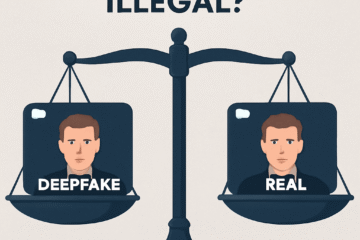TL;DR: Curiosity can reduce shameless behavior. When we stay curious, we develop empathy, reflect more on our actions, and build stronger connections.
How Curiosity Influences Shameless Behavior
Curiosity and shameless behavior are more connected than you might expect. When curiosity fades, people often stop thinking about how their actions affect others. As a result, shameless behavior can grow unchecked.
However, curiosity encourages reflection. It leads people to ask questions, reconsider their actions, and think about the feelings of others. Therefore, curious individuals are more likely to behave with empathy and respect.
The Psychology Behind Curiosity and Shamelessness
Research highlights the role curiosity plays in social intelligence. According to a study by the American Psychological Association, people who stay curious tend to show stronger empathy and social awareness.
When curiosity drives us, we naturally ask:
- How will my actions affect the people around me?
- Why do certain actions matter more in some cultures than others?
- What unspoken rules should I respect here?
Because of this questioning, curious people often act more thoughtfully and avoid causing harm.
Moreover, curiosity leads to emotional growth. It challenges selfishness and invites people to think beyond themselves.
How to Foster Curiosity and Reduce Shamelessness
Fortunately, curiosity is a skill that anyone can grow. Here are a few ways to build it:
- Ask open-ended questions: Stay interested in other people’s perspectives.
- Challenge assumptions: Look deeper instead of accepting surface-level ideas.
- Encourage respectful conversation: Aim to understand, not just to reply.
- Support continuous learning: New knowledge keeps curiosity alive.
At VerifAI, we believe that curiosity isn’t just for social life. It’s crucial online too. Want to see how sharp your observation skills are? Take our Curiosity and Critical Thinking Quiz to find out!
Why Curiosity Matters Even More Today
In today’s fast-moving world, curiosity is more important than ever. Without it, people fall into habits of assumption, misinformation, and even shameless manipulation.
Curious people ask better questions. They spot when something feels wrong. And importantly, they think before they act.
This is why learning to spot AI-generated images is a skill curious minds pick up faster. The same instincts that drive curiosity also help protect against digital misinformation.
As a result, curiosity becomes not just a social skill—but a survival skill for the modern world.
Final Thoughts: Curiosity Sparks Positive Change
When we encourage curiosity, we fight back against a culture of shamelessness. By asking, learning, and reflecting, we become more connected to others—and more aware of our impact.
Stay curious. Stay thoughtful. Stay one step ahead—with VerifAI.



0 Comments